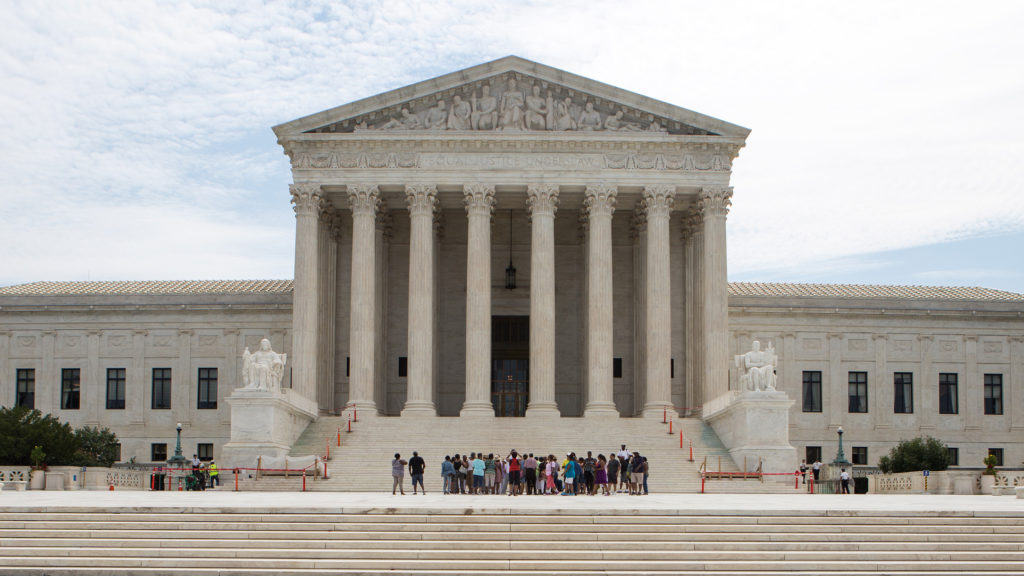
The U.S. Supreme Court will hear arguments from Tennessee families, physicians and the state attorney general on whether restrictions limiting gender-affirming care for minors are constitutional. The outcome will likely determine if transgender youth across the country will be able to access the care, including puberty blockers and hormone therapy.
The high court agreed to take up the case Monday, less than a year after the Sixth Circuit Court of Appeals ruled that Tennessee and Kentucky could enforce their bans while legal challenges in both states make their way through the courts.
In its ruling, the court cited the Dobbs decision, which ended the federal right to abortion, arguing that the law does not discriminate on the basis of sex. Tennessee Attorney General Jonathan Skrmetti applauded the ruling, calling it a “win for democracy.”
“I look forward to finishing the fight in the United States Supreme Court,” Skrmetti said. “This case will bring much-needed clarity to whether the constitution contains special protections for gender identity.”
The ACLU and Lambda Legal petitioned SCOTUS in November to review the lower court’s ruling.
“Any delay in this Court’s review only risks subjecting transgender adolescents, their parents and their doctors to a patchwork of inconsistent laws and legal standards that obstruct their medical care,” the petition said.
Plaintiff Brian Williams signed onto the lawsuit on behalf of his transgender daughter.
“This is not just some faceless thing that’s happening to somebody somewhere else. It’s happened to our family, and it’s happened to other families who don’t have the resources that we do. And, you know, it’s just frustrating,” he told WPLN News. “People not only don’t understand trans folks, but they want to get rid of trans folks. And it pains me.”
Medical professionals have also signed onto the lawsuit. Gender-affirming treatments like puberty blockers and hormone therapy have been championed by doctors, including the American Academy of Pediatrics, American Medical Association, American Academy of Child and Adolescent Psychiatry and American Counseling Association, among others.
“It is critical that we have some legal guidance to follow so that this is not like abortion, where it’s state by state and it’s a total mess,” said Ashley Coffield, the CEO of Planned Parenthood of Tennessee and North Mississippi.
The high court is expected to hear arguments in the fall.

